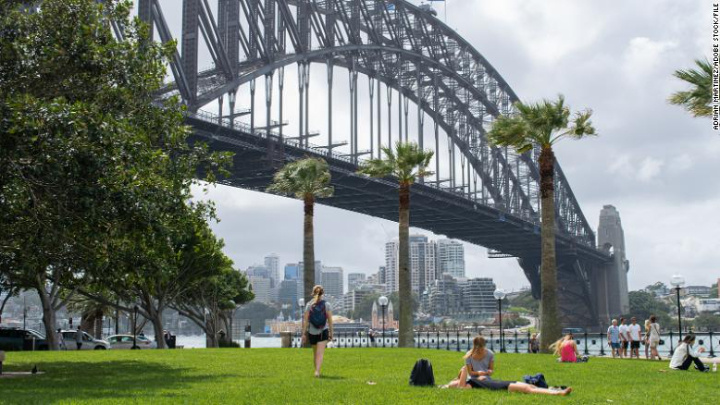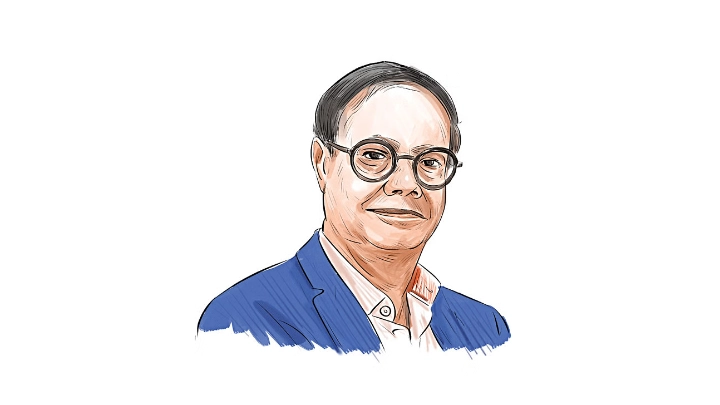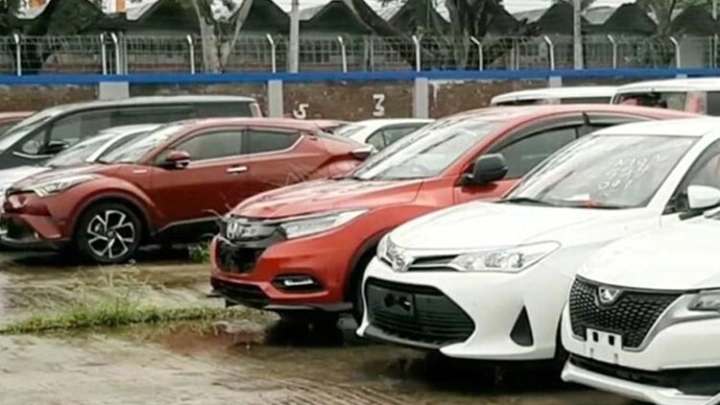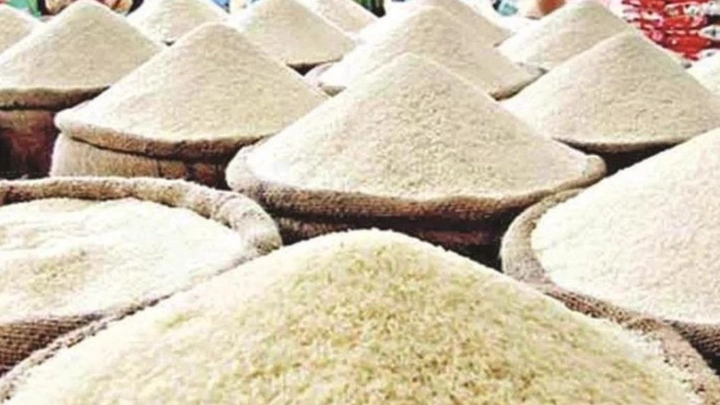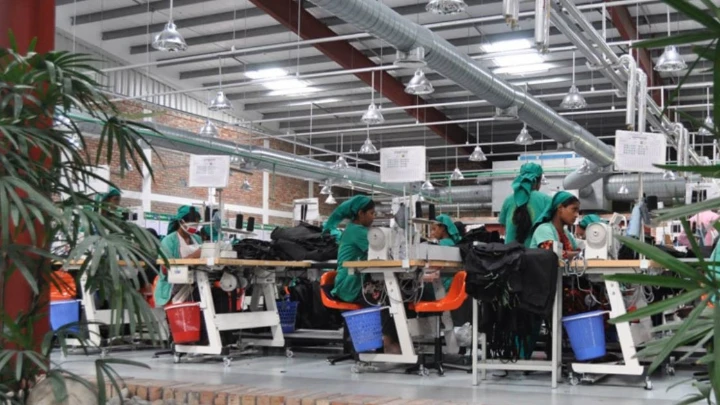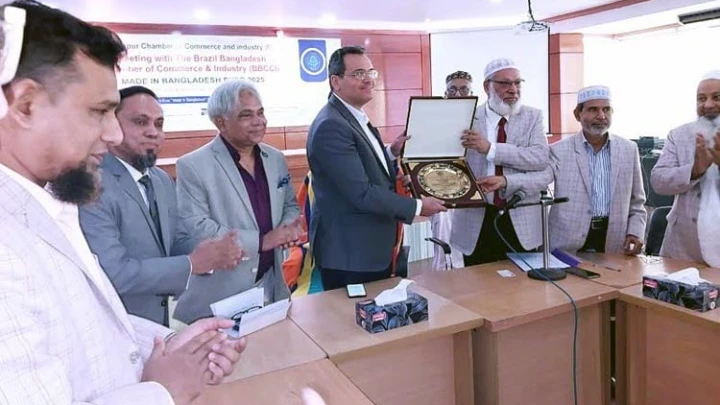Australia shut its borders to workers, now it's desperate to get them back
Shining BD Desk || Shining BD
Australia shut its borders for more than two years during the pandemic, but it also blocked access to potential workers and it's desperate to have them back.
On Friday, the government boosted its permanent migration numbers to 195,000 from this financial year -- a rise of 35,000 people.
Employers are hopeful they'll help fill gaps in the workforce, but with almost half a million vacancies across the country and an unemployment rate of 3.4%, a near 50-year low, many more are needed.
The problem isn't only related to the Covid-19 border closures -- experts say the visa system was struggling even before the pandemic.
"I think the biggest issue at the moment is actually getting people into the country regardless of what the cap is," said Blair Chapman, director of Deloitte Access Economics. "We're really competing on a global scale now with shortages reported all across the world and there needs to be serious thought given to how we actually attract people to Australia."
Part of the problem is that hundreds of thousands of people are waiting for their visa applications to be processed, creating a disincentive for new highly skilled applicants who may have offers elsewhere.
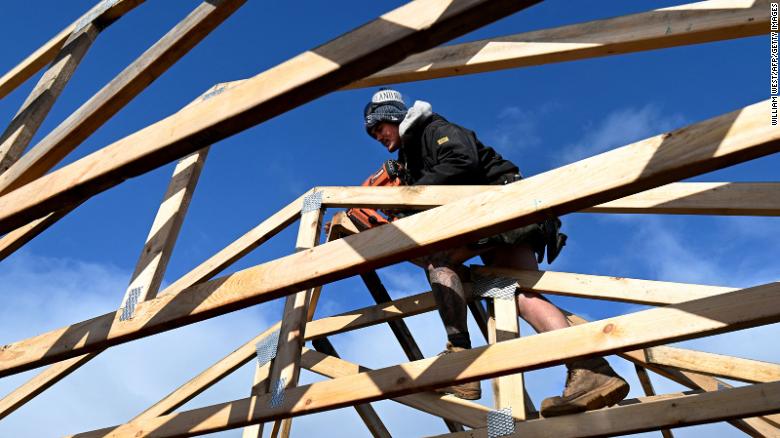
Prime Minister Anthony Albanese says his new Labor government inherited a backlog of one million visa applications that officials are working to clear.
"Many of those (are) employees or potential employees who had agreements with employers for jobs ... and they have been waiting," he told CNN affiliate Seven news.
At a jobs summit in Canberra, he committed 36 million Australian dollars ($24 million) to clear the backlog, but experts say the government could find itself in the same position as employers -- having too few workers to do the job.
Too much work, too few workers
When the first cases of coronavirus were detected in early 2020, Australia shut its borders, restricting access to international arrivals so numbers didn't exceed the availability of hotel quarantine.
Now, almost all Covid-19 restrictions have disappeared and from this week, positive cases only need to isolate at home for five days rather than seven.
Australians barred from leaving the country are now racing for the border, and while more international visitors are arriving, the numbers aren't yet back at pre-pandemic levels.
The lack of migration has created headaches for businesses -- forcing some to reduce their hours or services. Farmers can't find enough workers to pick their crops, hospital staff are working overtime, and construction workers are stretched thin across multiple work sites.
"It's across the board," said Zahan Mistry, the director of Easymigrate, a company offering migration and visa services. "We're looking for people in IT, people in hospitality, in professional services, childcare workers, aged care workers, construction."
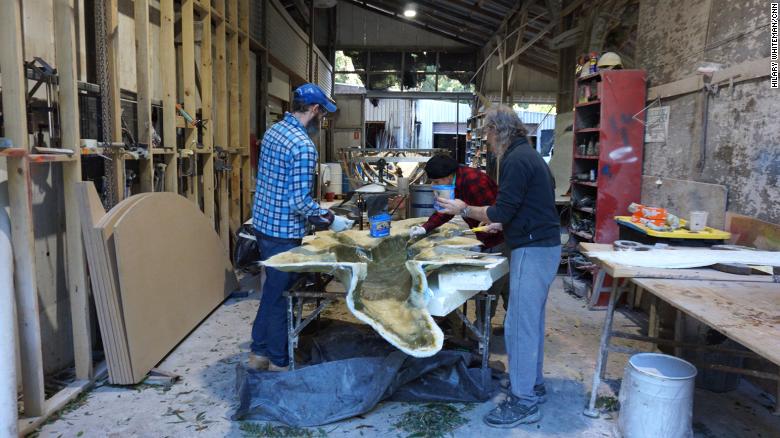
Natureworks director David Joffe wants at least 10 workers for his sculpting business on the outskirts of Brisbane.
"Right now we're about to sculpt a giant 12-meter high cockatoo," Joffe said. "We would love to build some horses here because we need some for Melbourne Cup day. There's also the lifecycle of a frog -- a series of 15 molds out there that we should be casting."
But there just aren't enough people around to do the work.
"There are a couple of German backpackers living at Mount Glorious," he said. "(But) everybody is grabbing them to try to get them to work on their house," he said. "I'd love to get them, too, but they're busy."
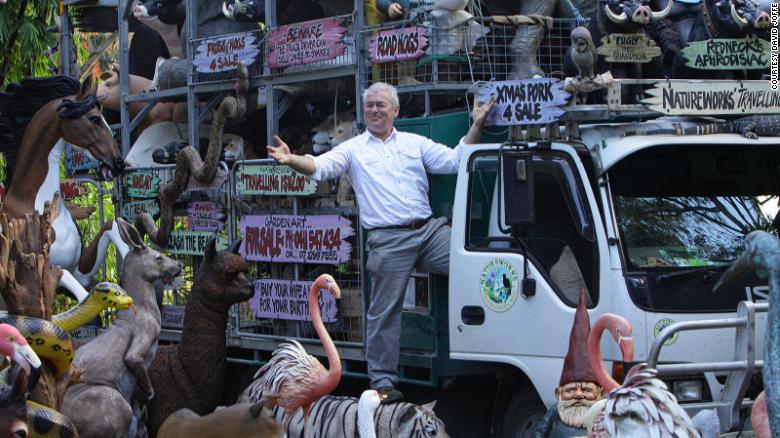
Why not Australia?
On the surface, Australia seems to be a strong option for skilled workers eager to relocate.
The country's economy has rebounded from the pandemic and though the cost of living is rising, at 6.1% inflation is still lower than in the United Kingdom and the United States. Experts say Australia should be able to compete with Canada and New Zealand when it comes to skilled workers, but it doesn't.
Australia's immigration policies are notoriously tough, but Mistry from Easymigrate said even for people with highly sought-after skills, the visa system can be frustratingly slow.
"It could take sort of eight to 12 months to bring someone in, so it becomes a big disincentive to businesses who are kind of looking for someone to start immediately," he said. Partner visas can take up to two years, he added.
Mistry said the problems predate the pandemic, going back five years or so to when Border Force, the agency tasked with border control, was absorbed into a larger Department of Home Affairs. "It seems to have been a very big culture shift from being about facilitating visas to one of more border protection," Mistry said.
Australia's former Deputy Immigration Minister Abul Rizvi said around that time it became much harder for Australian employers to recruit foreign workers. "What we did was make employer-sponsored visas much, much, much more bureaucratic and made the processing of them very slow," he said.
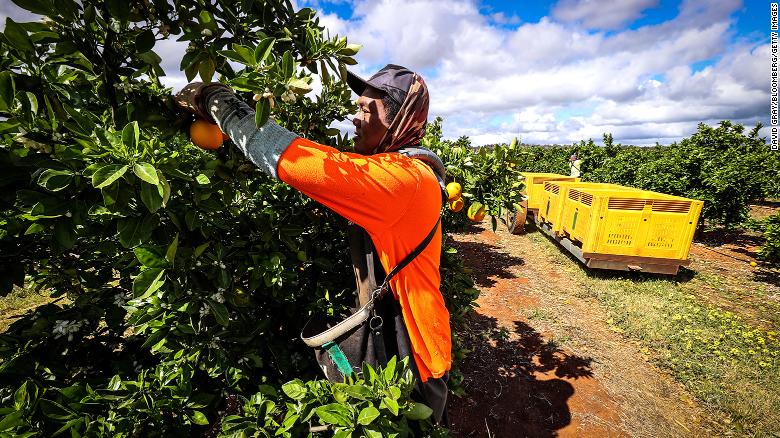
Rizvi said Friday's lift in permanent migrant numbers is positive, but it'll take time for the benefit to flow into the market.
He said a sharp rise in student visa numbers could help fill vacancies in the short-term -- students have full work rights -- but he said in the long-term the country is "going down the wrong path."
"We need to be selecting students who are interested in studying seriously and are able to study seriously, to complete a course employers value, and we'll give them a skilled job and a pathway to permanent residence. That's how the system works best," he said.
"At the moment, we're being sold by education agents around the world as the cheap work visa -- if you want to seriously study you go somewhere else."
He said international students on low-quality courses could find themselves stuck without a permanent path to migration because their qualifications aren't attractive to employers.
On top of that, he said the processing system needs to get much faster.
"If you've got the world's best quantum physicist, you don't want to mess them around for two years. You want to get them quickly before somebody else grabs them."
Source - CNN
Shining BD

